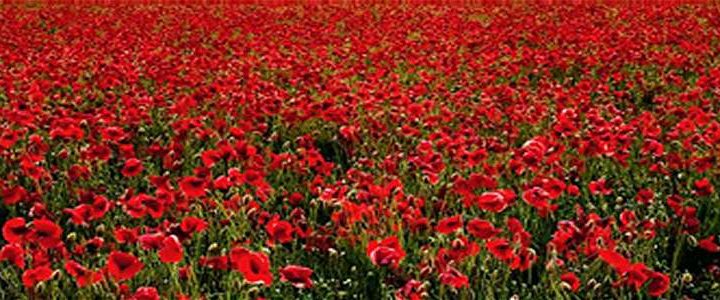
14 Year Old Waterford Boy Was The Youngest Solider Killed In World War 1
During the 1970’s and 1980’s in Ireland the annual remembrance of those tens of thousands of Irish who gave their lives in the Great War was met with a kind of muted national indifference. Certainly there was laying of wreaths … Continue reading 14 Year Old Waterford Boy Was The Youngest Solider Killed In World War 1